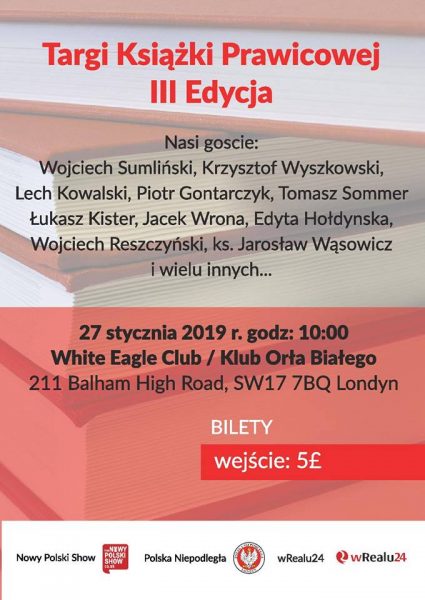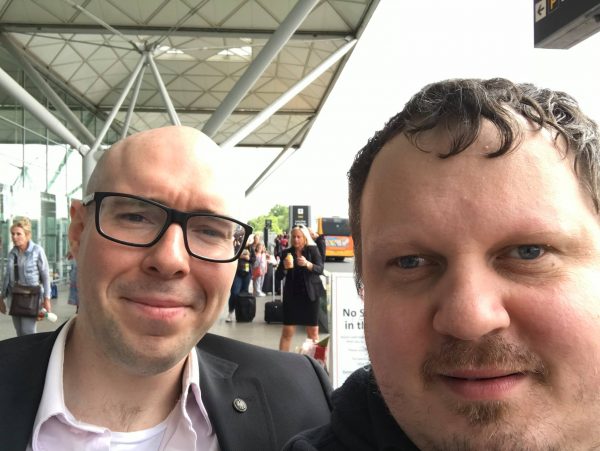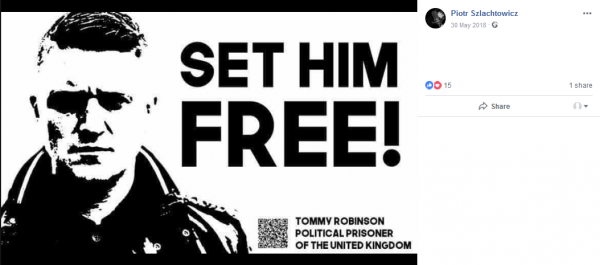Interfaith solidarity is a fight worth fighting
Solidarity costs nothing but can mean everything. Against the snarling packs of extremists flanking both sides of a hostile debate, the significance of maintaining a common bond with those from a different group but facing prejudice is precious. In these times, it’s sometimes all we have.
Last night, an exhibition was held at the Jewish Community Centre in Finchley Road to honour Holocaust Memorial Day. There was music and food and stories. There was a sombre but hopeful tone to the evening. The atrocities inflicted upon Jews in Europe are a stain on the continent’s soul and a memory that can and must never be forgotten. Millions were murdered for the world to learn the need for human rights and fair treatment of minorities. Unfortunately, we live in a time of increased polarisation where hate and bigotry are once again being fanned by those too irresponsible with their positions of power and influence. Even the Holocaust is whitewashed as a crime against humanity rather than an atrocity that focused primarily on Jews.
The Jewish community is again being assailed by hate crime. Across any society, find how they treat women, gays and Jews, and you get a rough idea of how they are as a nation. And unfortunately, in Britain, hate and intolerance of Jews has never completely dissolved and is once again climbing. A combination of Islamist rhetoric and far-left populism has made Jews the “Other” for which all the ills and wrongs of society are placed upon.
Which is why last night’s exhibition was fundamental to the construction of interfaith tolerance and community cohesion. It celebrated the solidarity that existed when Muslims saved as many Jews as they could from persecution during the Holocaust. The stories were spread across Europe but articulated different families selflessly and courageously risking their safeties to protect Jews.
And it was made all the more special after a mosque in Golders Green had been pressured by extremists into not holding the exhibition. It was a sore point, a blow for those who believe in a pluralistic and mutualist society in which differences are not seen as irreconcilable. But, as I said before, solidarity costs nothing but can mean everything. Another mosque, in Redbridge, stepped forward and hosted the event.
In the grand scheme of things this can seem like a small story washed away by the relentless tide of news stories on Brexit. But it’s a story of solidarity and attachment to each other beyond the exclusionary and narrow labels of identity. In the time of extremism and racism, these are the stories that we cling onto as hope that the pluralistic society is still achievable and that empathy with others is a virtuous feature of human behaviour. There was something saddening in visiting the Jewish Community Centre, a beautiful family-orientated institution, and realising they needed security because they weren’t safe. No people should ever have to apologise for who they were. But I was also heartened by the exhibition, reassured by the possibility that a future of coexistence with different groups is still something people yearn for. The attachment to a community is the transcendent feeling that can bring people together, whatever their faiths. This exhibition was about Muslims who saved Jews from persecution. But it can mean so much about where we want to go forward as a society.
The post Interfaith solidarity is a fight worth fighting appeared first on Faith Matters.
Categories: Brexit, Golders Green, Holocaust, interfaith, Opinions, Redbridge



